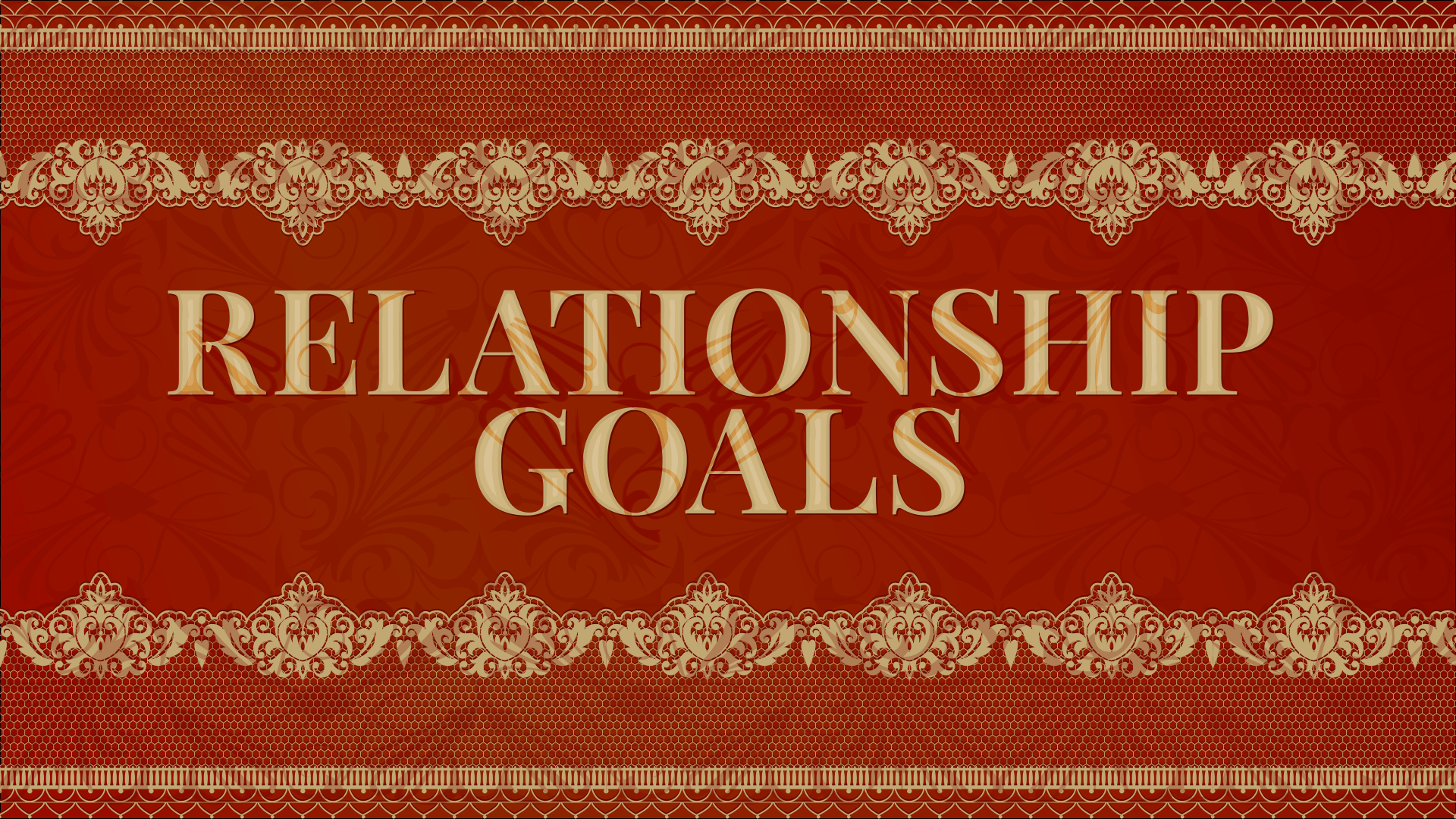
by admin | Jan 29, 2020 | Relationship Goals, Sermon Audio and Notes
4 Love is patient and kind; love does not envy or boast; it is not arrogant 5 or rude. It does not insist on its own way; it is not irritable or resentful;
1 Corinthians 13:4-5
Love is not self-seeking, does not insist on its own way, the Apostle Paul tells us. But we, Pastor Yami pronounces in this sermon, more often use love as an excuse to get exactly that: our own way. We tend to be approach love individualistically and consume love and its benefits rather than practicing it. Being consumers, we treat the people we “love” as commodities, keeping them in our lives if the relationship meets our own needs and throwing them away when it becomes hard or uncomfortable. Further, many of us believe in the Mythology of Soulmates, which causes us to believe that there is no need for us to grow or change to become better for our relationships because once we meet that right person, they will fulfill all our needs and perfectly match all our weaknesses. “When it comes to the Bible, God doesn’t speak much about finding you your perfect person,” Pastor Yami said, “instead, the scripture does speak VERY much about you becoming the person you should be.” To truly love, we must surrender our perception of relationships as commodities that serve us and give ourselves over to being transformed in order to serve.
Our next steps for this week:
- How are you treating your relationships?
- How are you performing in your relationships?
- Share in communion, reflecting on the truth that a God that chose you before you offered any performance still chooses you despite your performance.
The reality of life is there is no life apart from relationships. Your relationships might be with stuff, not people, but your life is relating itself to STUFF. So our heart and our goal in this series is to just be at a place where we ask the hard questions, we get into the space of trying to understand what is love really like. Now when you get into scripture, scripture has a lot of stuff to say about love. So we are are looking at some few amazing things that God has said in his word in 1 Corinthians chapter 13 of what love is.
Catch up on earlier Relationship Goals sermons: Week 1 , Week 2, Week 3

by admin | Jan 21, 2020 | Relationship Goals, Sermon Audio and Notes
4 Love is patient, love is kind. It does not envy, it does not boast, it is not proud. 5 or rude.”
1 Corinthians 13:4-5
“When people feel dismissed,” Pastor Yami says, half way through the sermon, “they disconnect.” What destroys love more than disconnection? There is a lot at stake then, we learn, when we are rude to someone. When we are rude, we are actually judging someone, telling them that they are below us, unworthy of our time, attention, or care. Our rudeness communicates the opposite of love and often we may not even know we are doing it.
Our next steps for this week:
- How do you value people?
- What one thing do you need to start doing to honor people this week?
Listen, ask for more time, be quiet?
The reality of life is there is no life apart from relationships. Your relationships might be with stuff, not people, but your life is relating itself to STUFF. So our heart and our goal in this series is to just be at a place where we ask the hard questions, we get into the space of trying to understand what is love really like. Now when you get into scripture, scripture has a lot of stuff to say about love. So we are are looking at some few amazing things that God has said in his word in 1 Corinthians chapter 13 of what love is.
Catch up on earlier Relationship Goals sermons: Week 1 , Week 2

by admin | Jan 16, 2020 | Relationship Goals, Sermon Audio and Notes
4 Love is patient, love is kind. It does not envy, it does not boast, it is not proud.
1 Corinthians 13: 4
Before tackling the first verse of the most classic Christian wedding reading, in this sermon Ian takes a few minutes to define love and identify the nuances of love as it was written about in the Ancient Greek in which 1 Corinthians was written. He establishes that the love referred to here is not exclusively, or even primarily, romantic love but is agape love, which expresses “the unconditional love of God for his children,” or as Thomas Aquinas wrote, is “to will the good of another.” Knowing this, he then teaches on the expression of kindness and patience inherent in love as well as the lack of envy, boasting, or pride that marks actions of true love. To follow through with living like this today, he teaches, is a counter cultural act. The question, are we really loving
Our next steps for this week:
- Read and slowly meditate on each of the five attributes of love in verse 4
- As you do that for each one, slowly in turn, apply Tom Wright’s suggestion and think about the following questions:
- How do we see this quality in Jesus?
- How do I see, or not see, this quality in myself?
- How can I change in my life to achieve this quality?
- What changes do I need to make to live in a loving and counter cultural way?
Ian heavily referenced Tom Wright (or N.T. Wright) in this sermon. If you’re interested in reading more of N.T. Wright’s Bible Study commentary on 1 Corinthians as we continue in this series, you can find and purchase the commentary here.
Catch up on earlier Relationship Goals sermons: Week 1

by admin | Jan 7, 2020 | Relationship Goals, Sermon Audio and Notes
13 If I speak in the tongues of men and of angels, but have not love, I am a noisy gong or a clanging cymbal. 2 And if I have prophetic powers, and understand all mysteries and all knowledge, and if I have all faith, so as to remove mountains, but have not love, I am nothing. 3 If I give away all I have, and if I deliver up my body to be burned, but have not love, I gain nothing.
1 Corinthians 13:1-3
As we begin our first series of 2020, Relationship Goals, Pastor Yami introduces us to the core truth of 1 Corinthians 13: love is everything. ANYTHING, no matter how seemingly good, how seemingly holy, how seemingly sacrificial, done without love is empty. But the good news is: Love is where we begin with God. The apostle Paul may sound like he is being harsh, calling our words simply noise; our powers, understanding, faith and knowledge, nothing; our sacrifices and surrenders, nothing more. But he doesn’t mean they are truly nothing, only nothing when they exist outside of God’s intent for them, motivated, fueled, and given by love.
Our next step questions for this week:
- What are the things you are doing that are just noise?
- How are you defining what love is?



Recent Comments